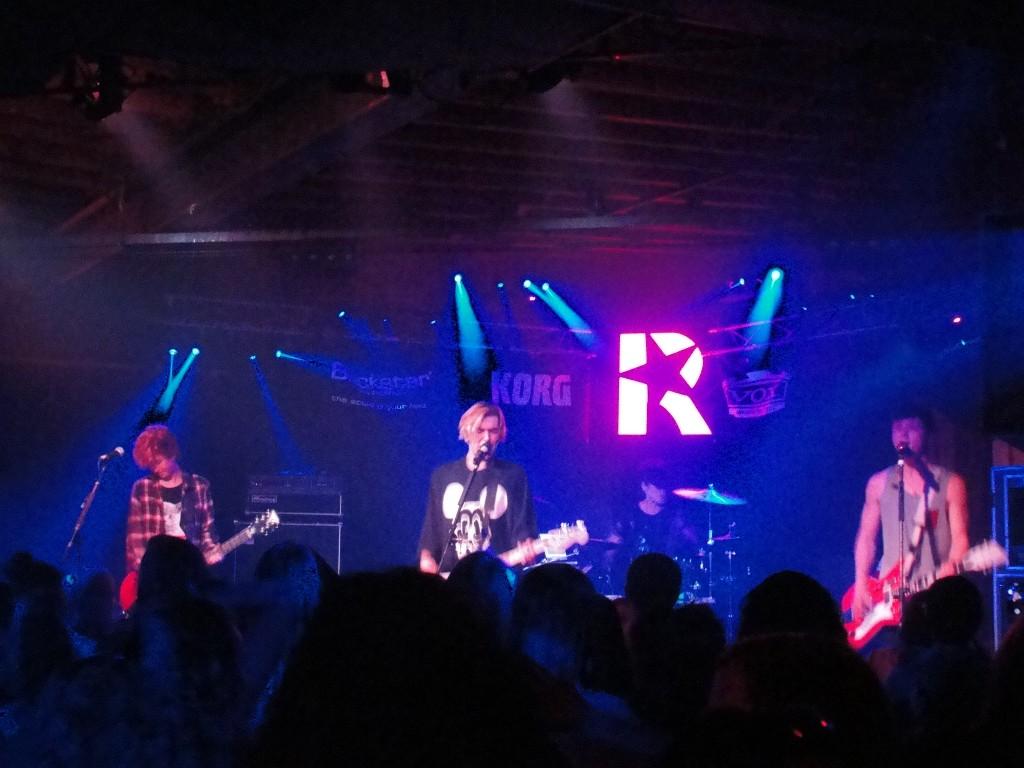by Adva Fuchs, Co-editor and chief

A girl, in tears, rushes to her college’s probationary offices. She points down to her torn dress and timidly states a boy had raped her the night before at a party. The school, not wanting to face bad press, pushes the story away from the public eye, hiding and in most cases, denying that the rape had ever occurred. This is what’s known as College Rape Culture.
Rape Culture is defined as an “environment in which rape is prevalent and in which sexual violence against women is normalized and excused in the media and popular culture.”
This may sound like what the modern day is already swiftly evolving into, with women being objectified in pop culture and the glamorization of sexual violence increasing, but College Rape Culture signifies the acceptance of sexual misconduct within society. Something that will only lead to greater segregation between the male and female population.
Many students may see college as a fun stepping stone from adolescence into adulthood, but for 20 percent of college students, a college experience can lead to dread, humiliation, and unwanted sexual conduct.
Colleges have the obligation to make private and public learning safe for everyone yet a college with only 10,000 students could experience as many as 350 reported rapes in one year along with hundreds of other sexual incidents that do not get reported due to the escalation of Rape Culture in college campuses.
“If you’re getting away with rape because you’re in college then you’ll…break the law when you’re older and then [think] you can get away with anything and do whatever you want…if they don’t say yes, then the sex is not [justifiable],” senior Petros Giannakopoulos said.
It has never been, and will never be okay to sexually take advantage of any woman or man. Many challengers of Rape Culture data state that it is misleading based on the foggy nature of rape itself and in addition, “incapacitated sexual assault” is not “real rape”, but this idea of what “rape” is and isn’t is clearly misguided.
“Generally, rape is defined as sexual contact or penetration achieved: without consent, or with use of physical force, coercion, deception, threat, and/or when the victim is: mentally incapacitated or impaired, physically impaired (due to voluntary or involuntary alcohol or drug consumption) asleep or unconscious,” a resource for survivors of sexual abuse, Pandora’s Project stated.
Additionally rape is defined by law as “unlawful sexual intercourse or any other sexual penetration…without the consent of the victim.” With this definition being as clear as it is, challengers of incapacitated rape, as well as “date rape” ignore the federal and state laws that clearly describe that an incapacitated party cannot consent to sex.
“One of the most critical issues regarding rape is consent. Sexual activity should not take place unless both parties have freely given consent, and consent is understood by both parties,” Pandora’s project stated.
Along with the challengers come the blamers, those who blame the victims of rape. Being intoxicated to the point of impotence or having a so called “reputation” does not give a green light to any sexual urges a predator may be feeling, whether male or female.
“Sex is not ok when a person is [unable to make their own decisions] because they wouldn’t be in a right state of mind and people get taken advantage in situations like that,” junior Kaitlyn Pedota said.
By refusing to take accusations of rape seriously on college campuses, officials are showing students that the law is not to be taken seriously. If these institutions continue to treat rape as it is then a new generation of adults and leaders will take part in society believing that anything and everything is justifiable, and that is simply and grossly mistaken.

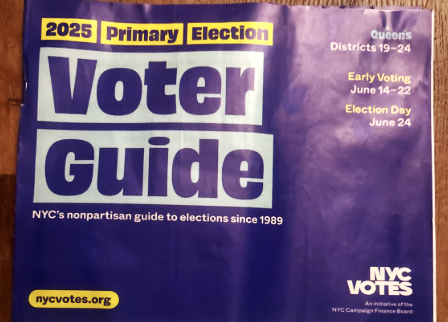
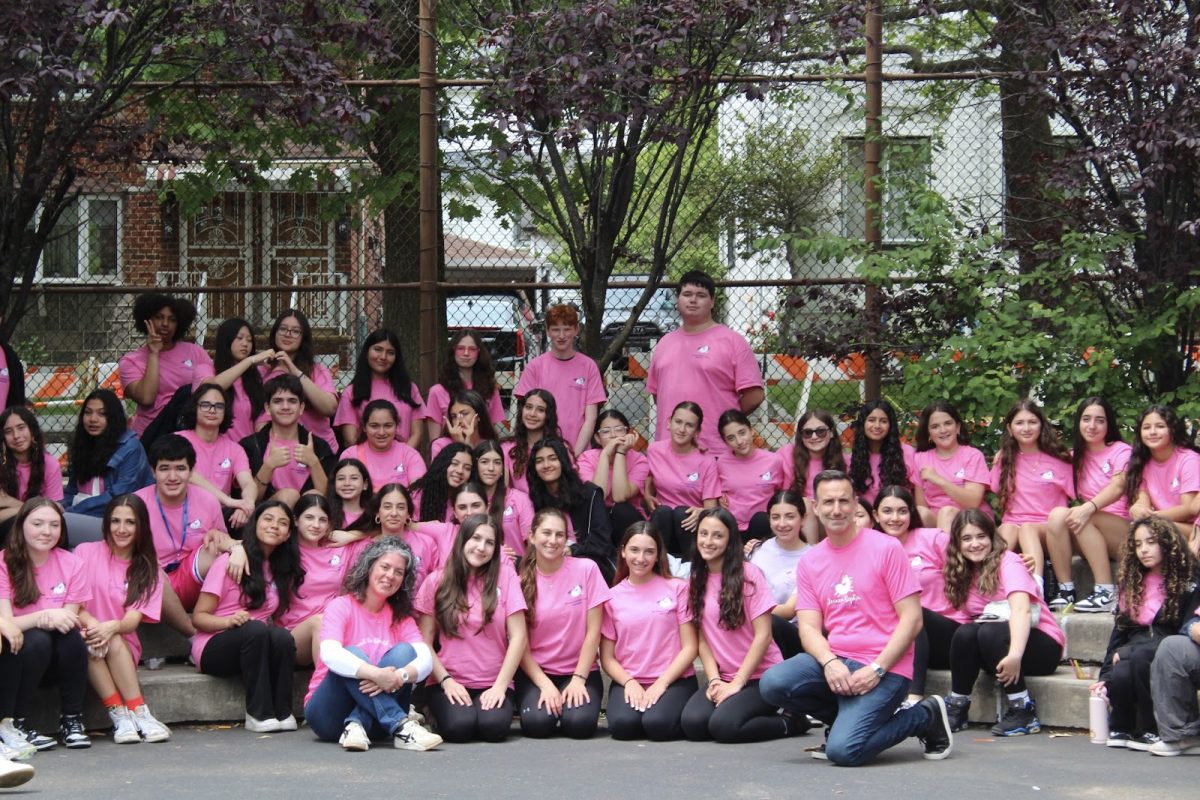




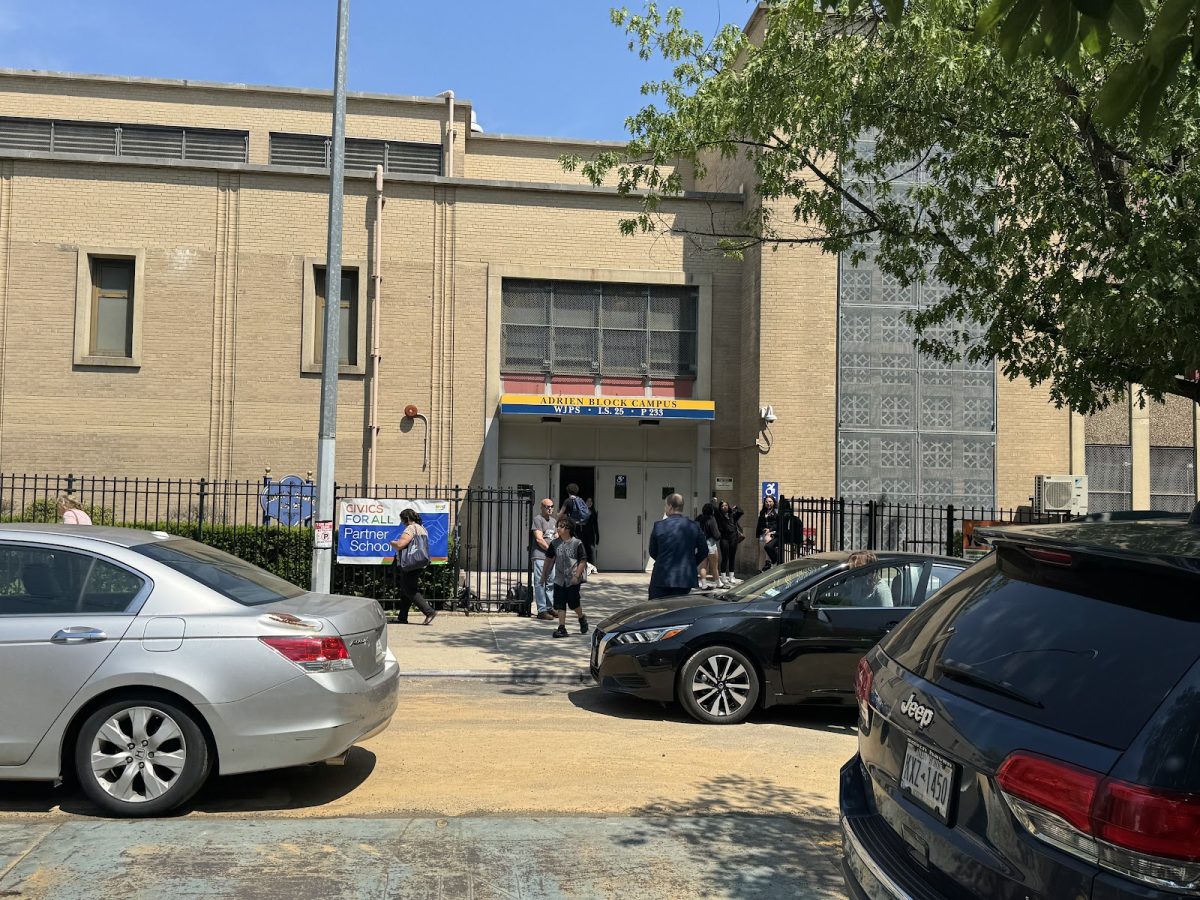
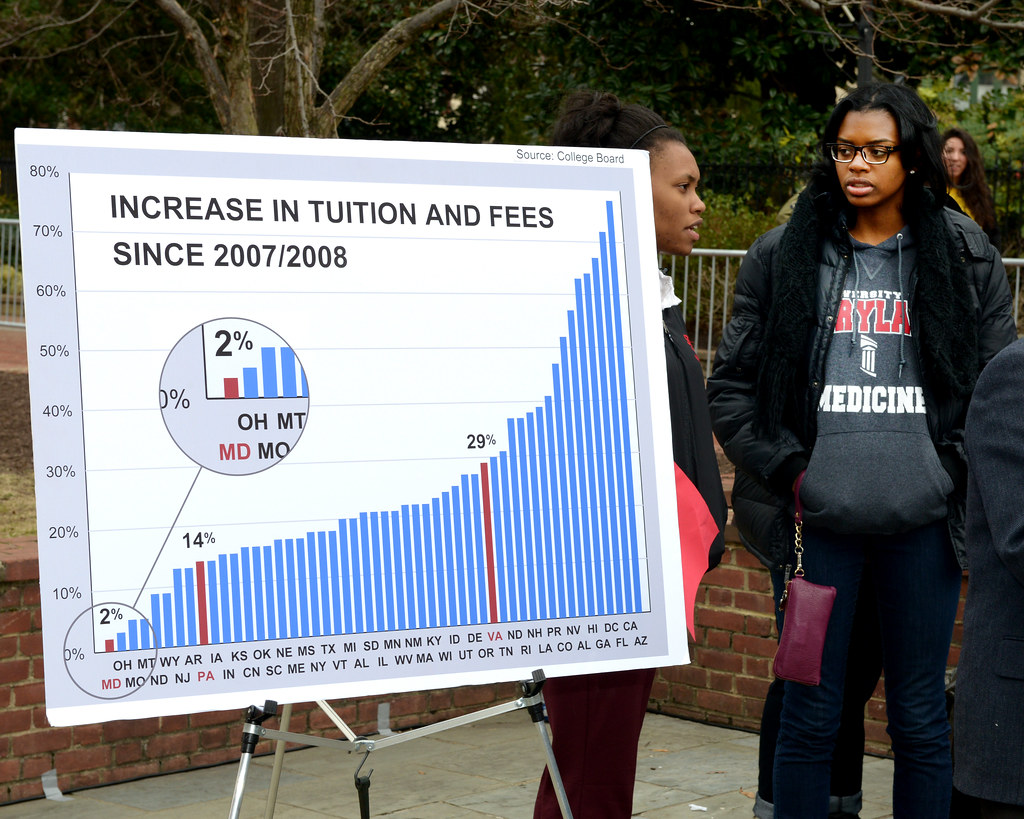

















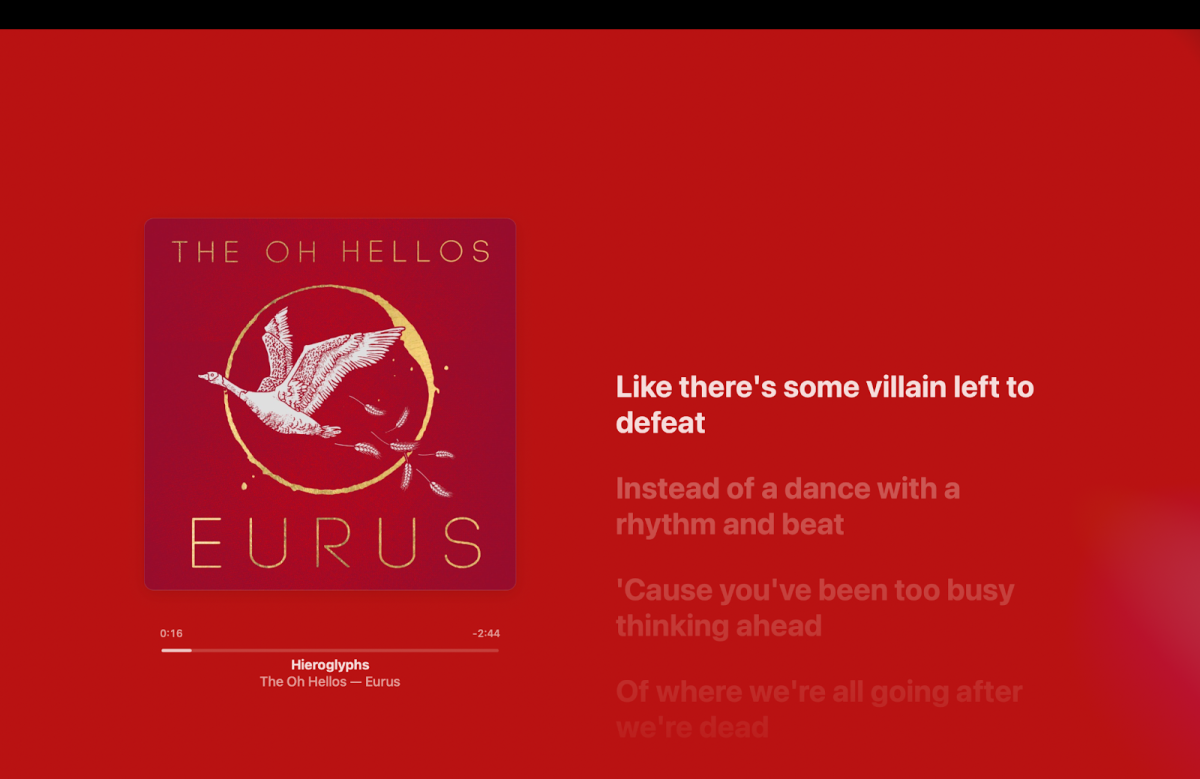











![“I agree the school lost its purpose, I left newspaper because I no longer had an interest and passion that I did once believe I had, the school’s more worried about student law court then what’s in the name in the school. [Which is journalism],” senior Christos Troumhis said. Photo attributions to Jon S.](https://wjpsnews.com/wp-content/uploads/2015/12/6276688407_12900948a2_z.jpg)


